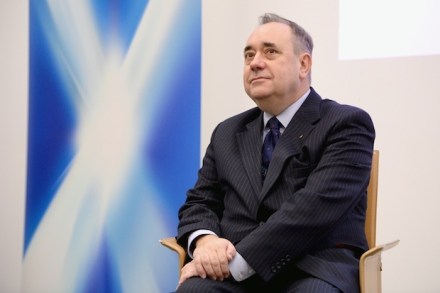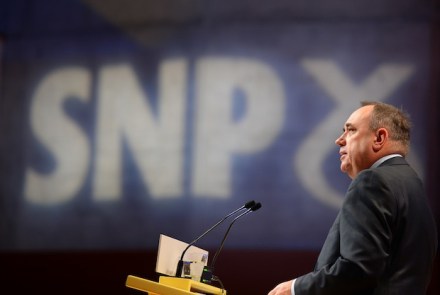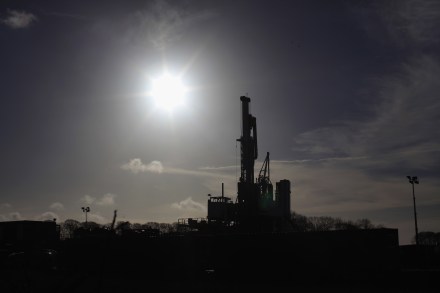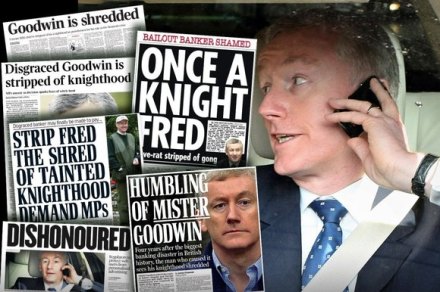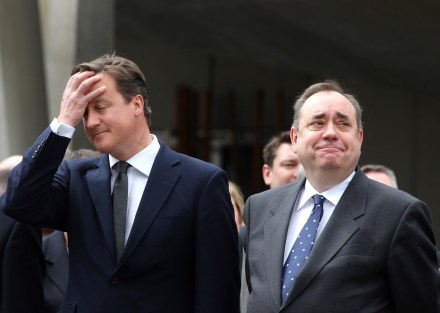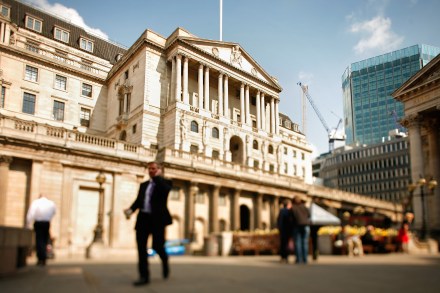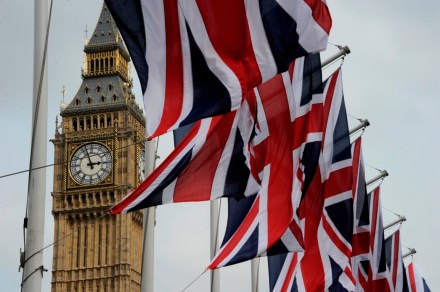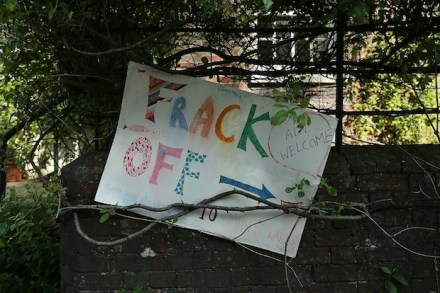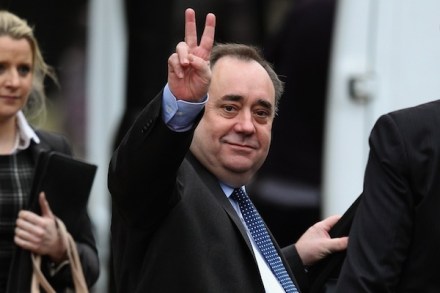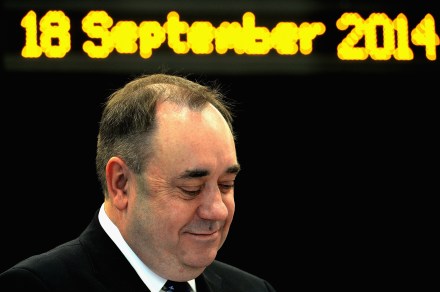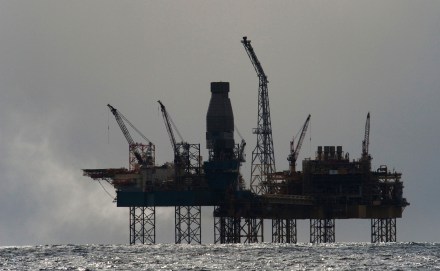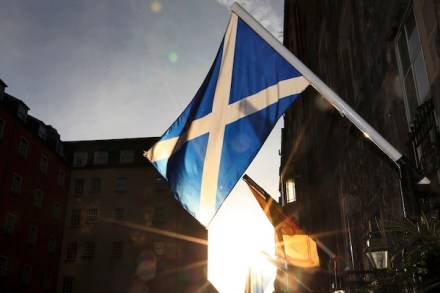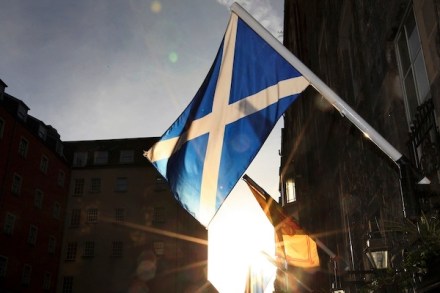Alex Salmond’s economic policies would drive an independent Scotland into the ground
Within the white paper on economic policy in an independent Scotland that was published by Alex Salmond’s government this week there is a liberal economic manifesto trying to get out. The First Minister speaks about using new ‘levers and instruments’ to revive Scotland and that, freed from Westminster control, he might lure businesses by slashing corporation tax, reducing national insurance contributions and cutting air passenger duty. Unfortunately, none of these ideas is likely to get off the page because the SNP has a much more prominent agenda which could not have been better designed to promote economic stagnation. This one promises more generous welfare, a higher minimum wage, renationalisation of
